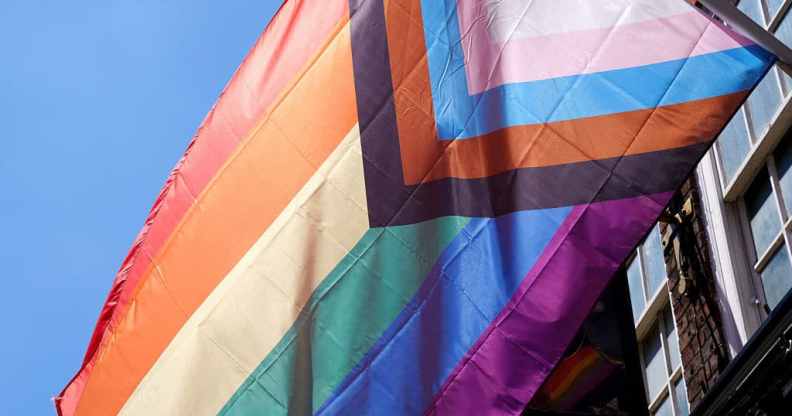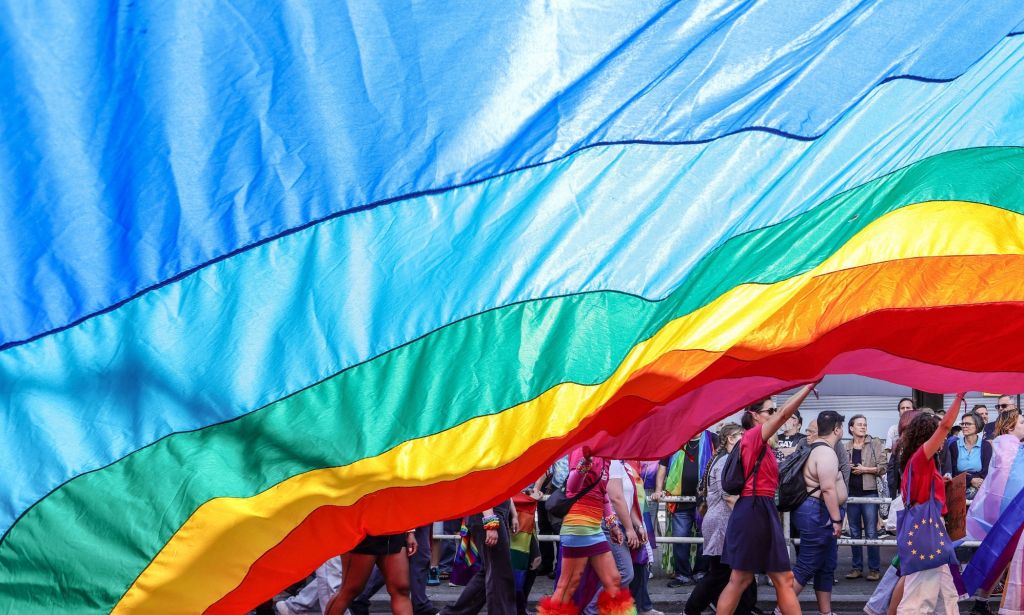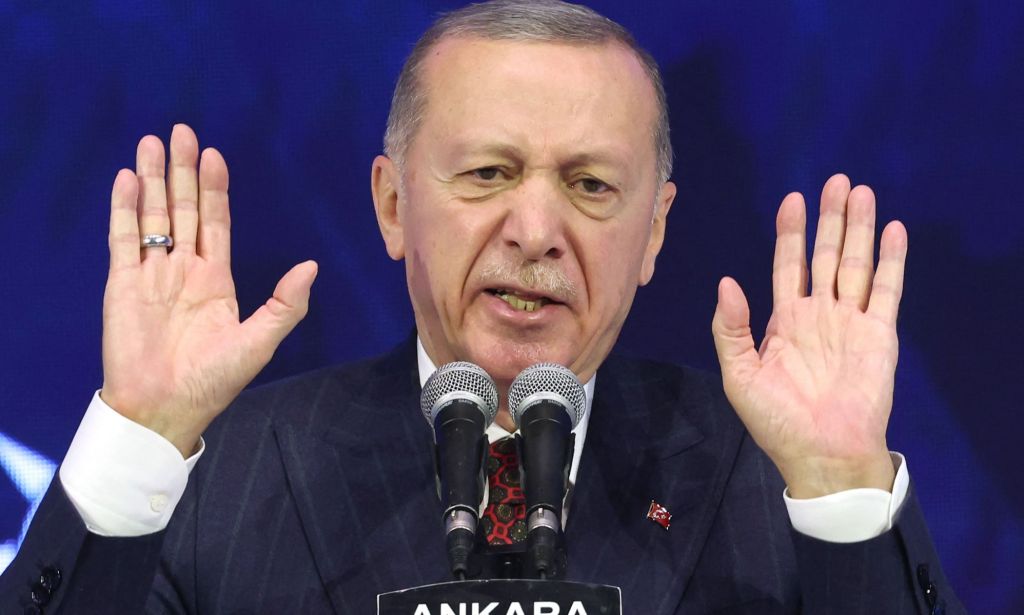Turkey: 90 per cent of LGBTQ+ people facing digital violence

90 per cent of LGBTQ+ people in Turkey experience digital violence. (Smith/ Getty Images)
New research has determined that 90 per cent of LGBTQ+ people in Turkey are regularly subjected to digital violence.
The study, conducted by advocacy group KAOS GL, found that this digital violence, which typically starts with insults and swearing, quickly escalates to stalking, blackmail, harassment, deadnaming, doxing, and hate campaigns.
Researchers, who surveyed 305 people and conducted an additional ten in-depth interviews, found that it’s particularly common for digital violence to move from a virtual environment to a physical one.

While most digital violence perpetrators remain anonymous online, those whose identities are known are almost always a member of the victim’s social circle, such as a family member, friend, or partner, the survey found.
In other instances, the perpetrator was categorised as either a political party, politician, journalist, academic, or media organisation.
Unsurprisingly, the survey also determined that the excessive levels of hate speech being demonstrated online have a direct impact on the mental health of LGBTQ+ people.
As well as leaving individuals with feelings of anger, unhappiness, insecurity, and loss of value, the extreme levels of anti-LGBTQ+ digital violence have left many victims with no choice but to self-censor and give up their freedom of expression by closing their social accounts.
The findings that nine in ten LGBTQ+ individuals in Turkey are experiencing some capacity of digital violence comes shortly after the state leader Recep Tayyip Erdogan said that he does not “recognise LGBT”.

While campaigning for another five-year term earlier this year, Erdogan stated that the queer community was “poison” and a “calamity that threatens the survival of our society.”
Although homosexuality is not illegal in Turkey, anti-LGBTQ+ discrimination is prevalent, no thanks to Erdogan’s comments.
Earlier this summer, over 100 people were detained by police for taking part in the Istanbul Pride March in the country’s capital – a celebration that was banned for the ninth consecutive year.
Despite the ban, hundreds of people turned out in both cities, which resulted in police shutting down public transport and certain roads.
Pride-goers waved flags and held placards that read “Run Tayyip, run. Queers are coming”, referring to the country’s president, and “Liberation for queers will shake the world.”
In September, the country’s media watchdog RTÜK approved a TV advert that promoted an anti-LGBTQ+ event hosted by family values organisation Büyük Aile Platformu.
That same month, Erdogan complained to the United Nations about what he called “LGBT colours” being displayed at its General Assembly – except they weren’t the Pride flag colours at all. They were the 17 colours associated with the UN’s sustainable development goals.
Unsurprisingly, this year IGLA-Europe ranked Turkey among the least LGBTQ+ friendly of all 49 European nations listed on its Rainbow Map and Index. The group gave Turkey a measly 4 per cent in its ranking on the country’s legal and policy practices for LGBTQ+ people.

